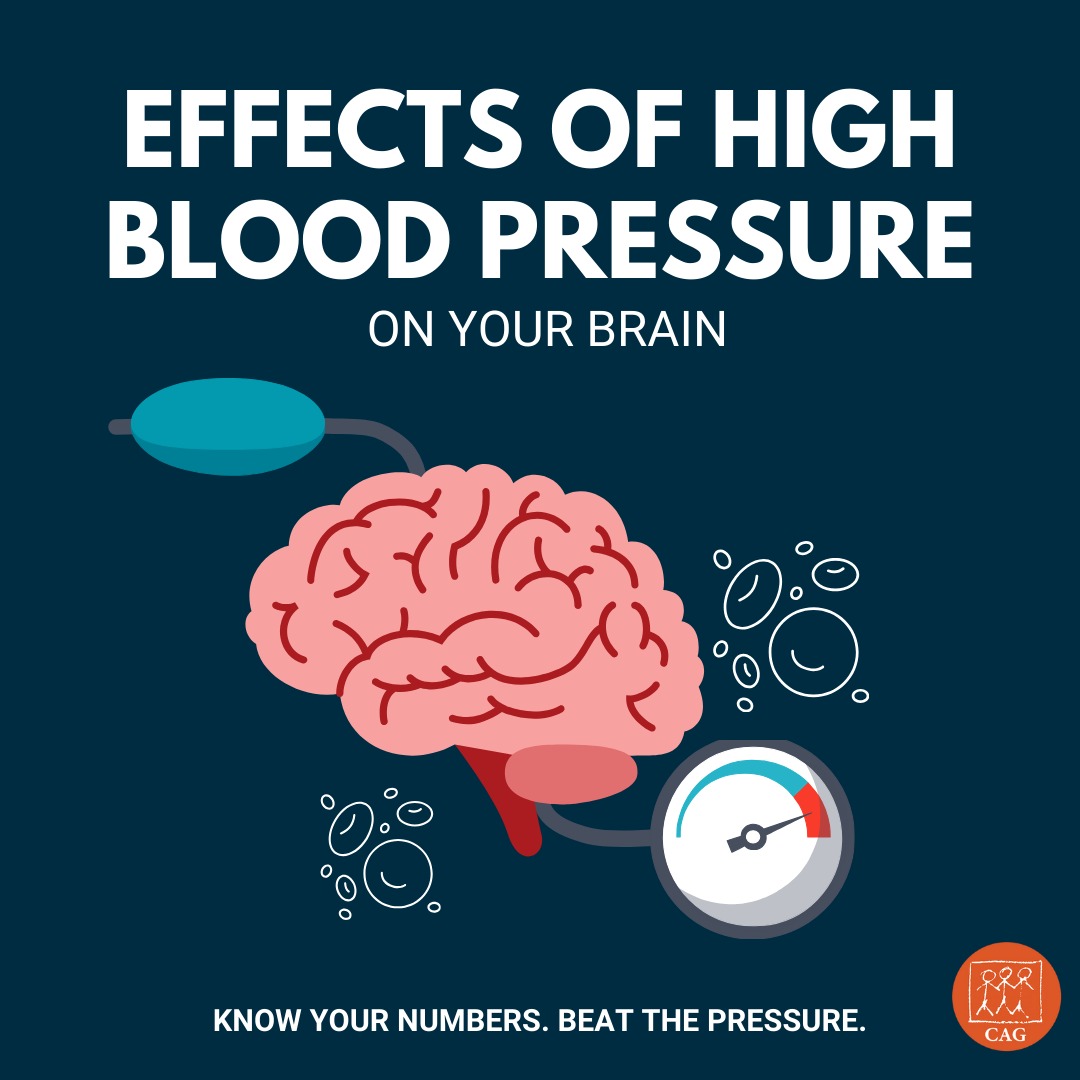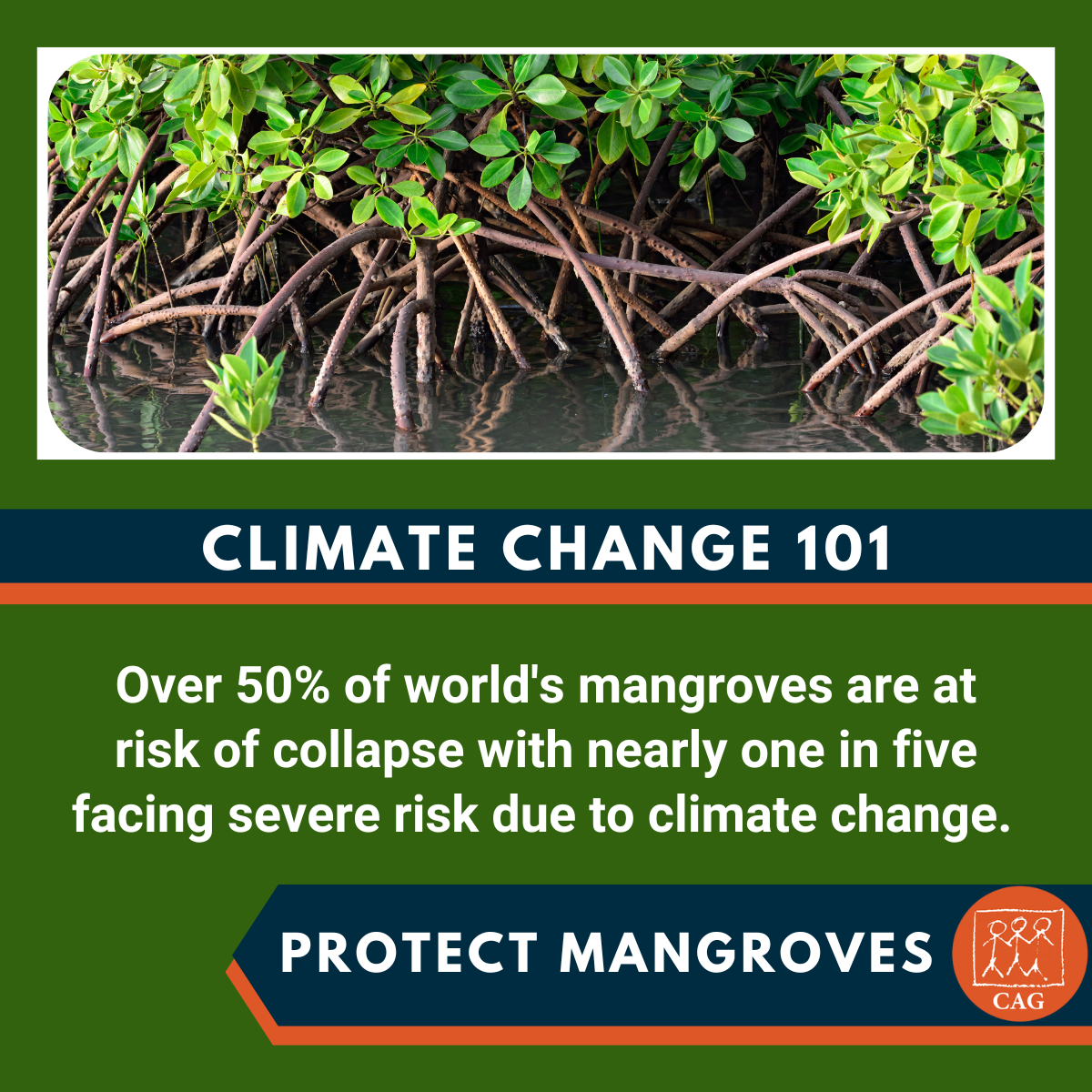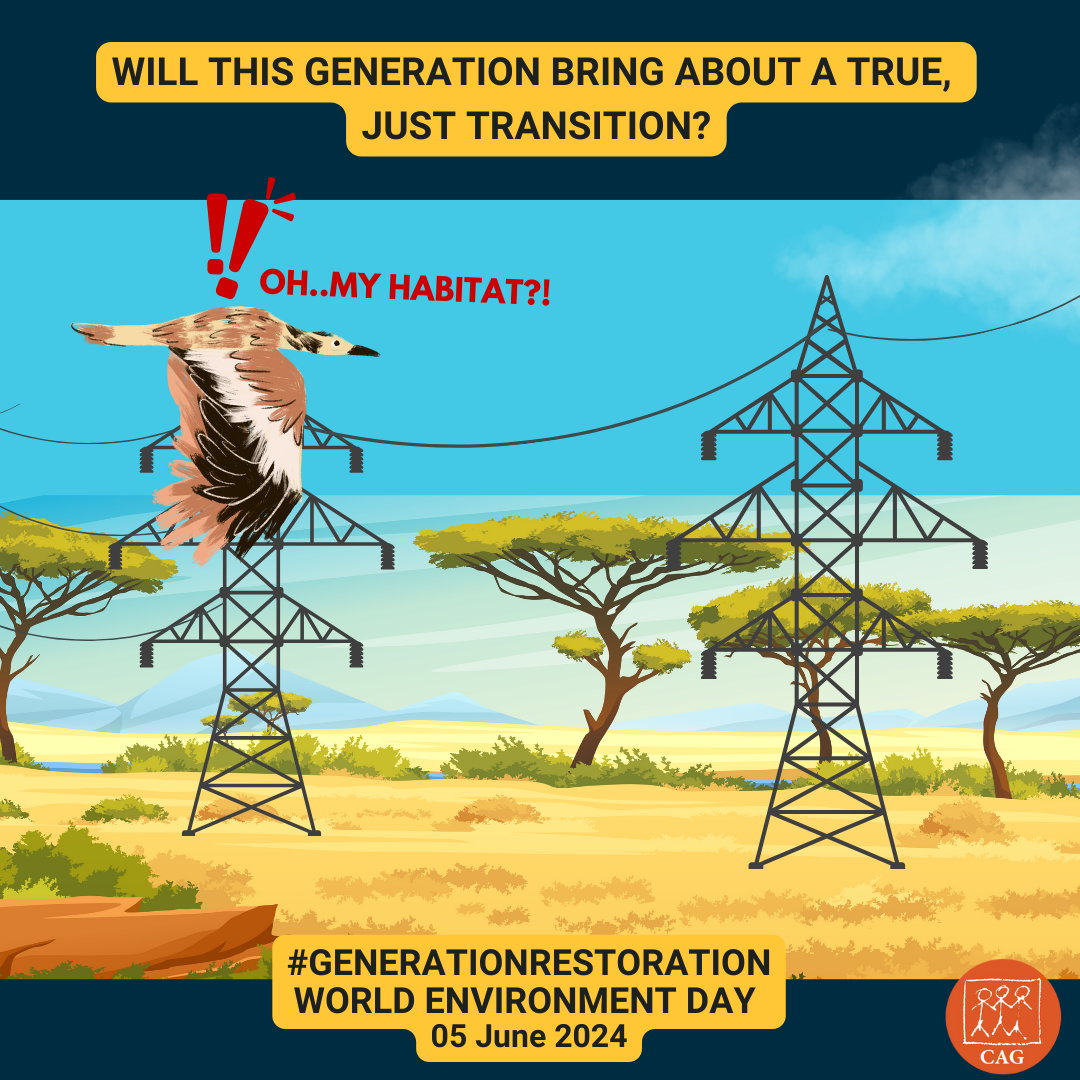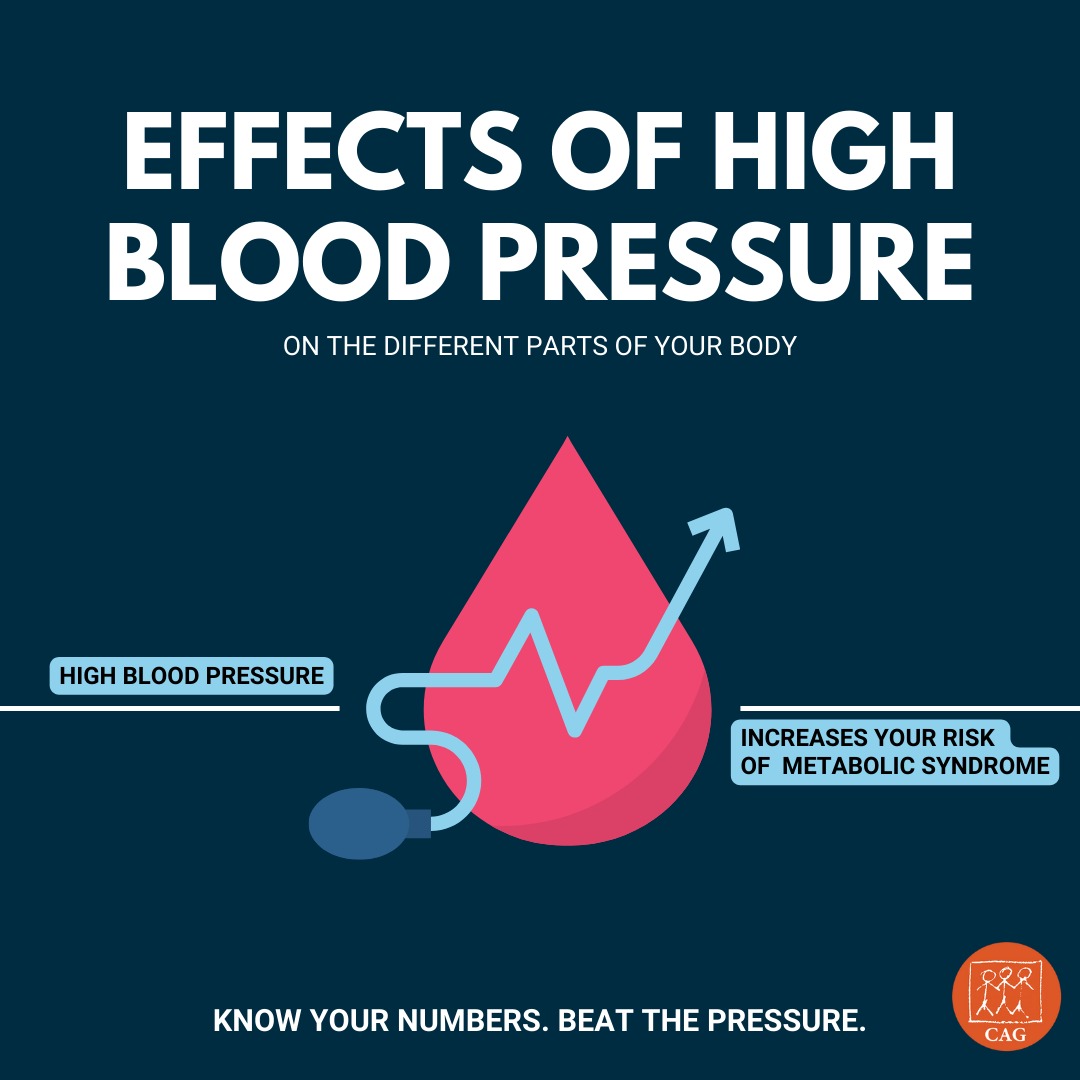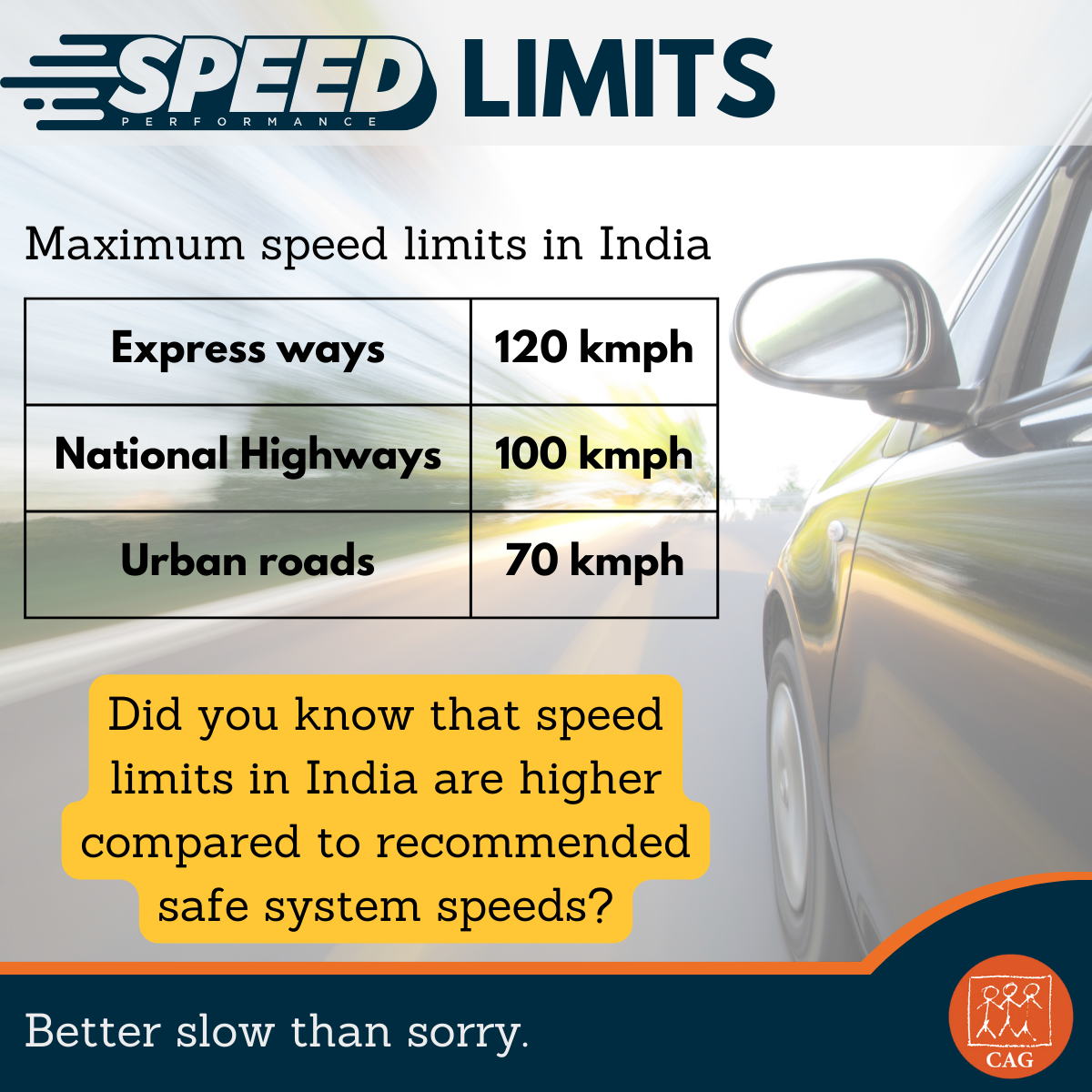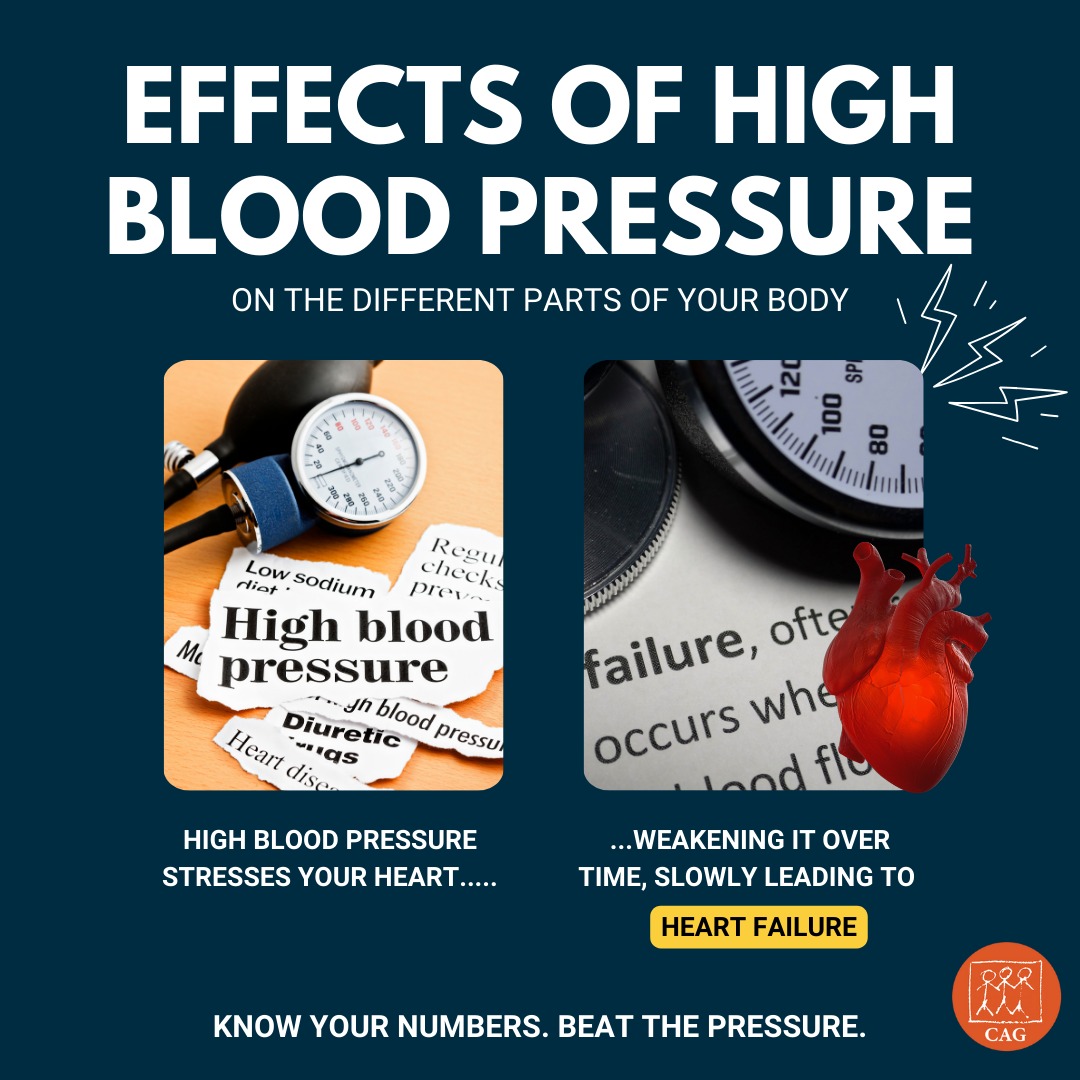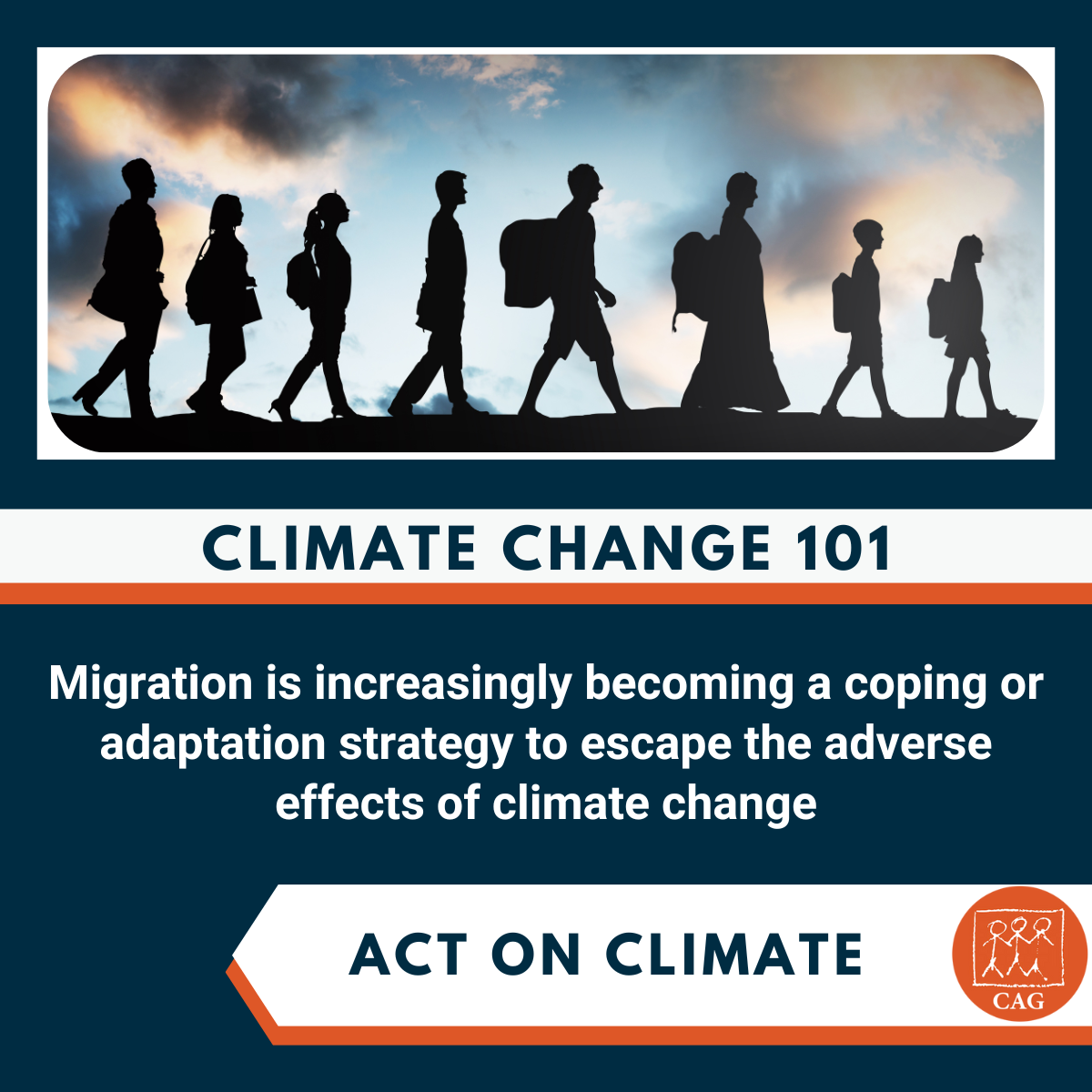Effects of High BP - Affects your Brain
Just like high blood pressure damages blood vessels in other parts of your body, arteries in your brain can also be impacted by this. If parts of the brain can’t get the oxygen they need from the circulating blood, cells begin to die. All this from a condition that is easy to diagnose, and fix! Why let it come to that? #BeatThePressure
